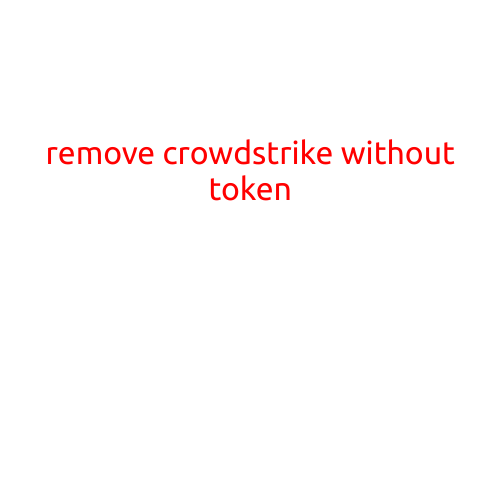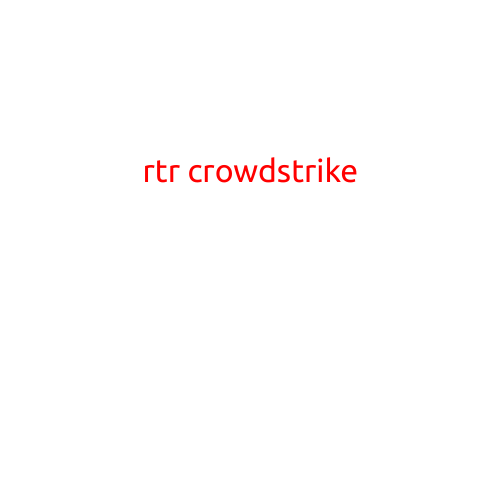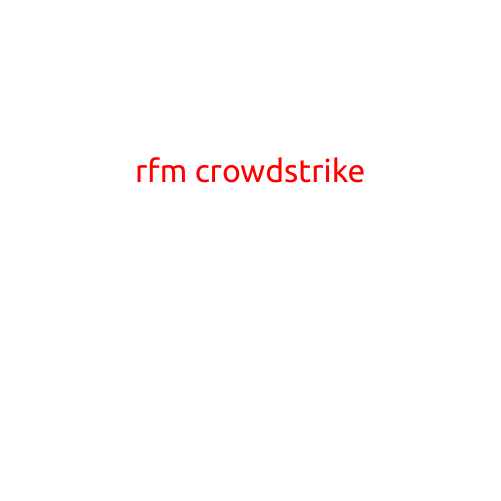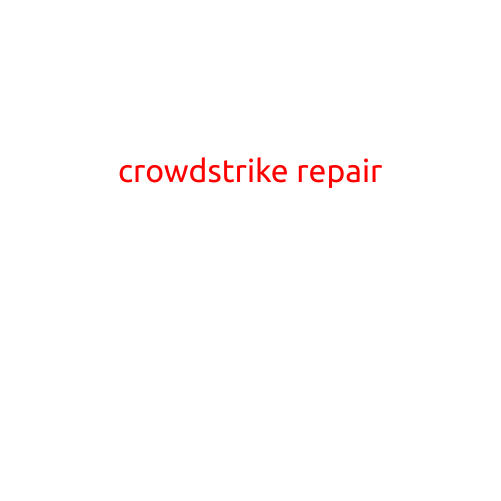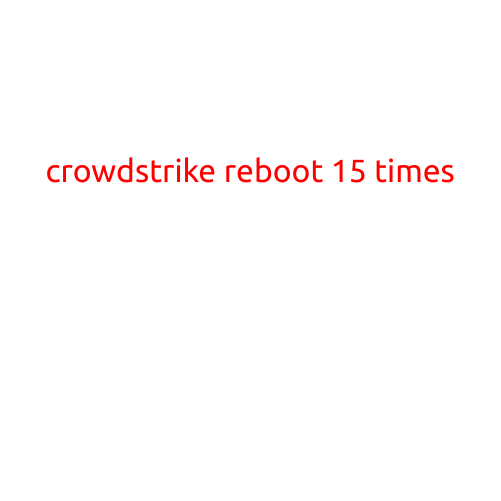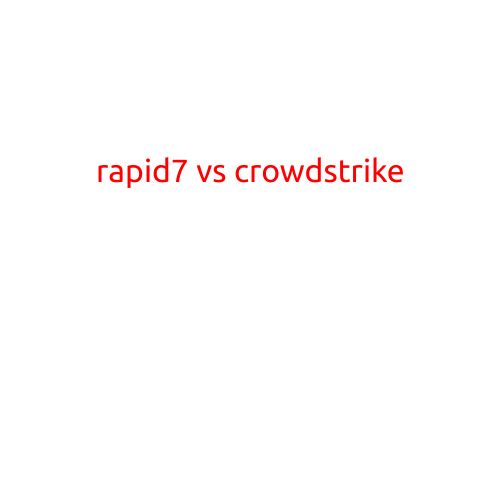
Rapid7 vs CrowdStrike: A Comparison of Two Leading Cybersecurity Companies
In today’s digital age, cybersecurity is a top priority for organizations of all sizes. With an increasingly complex threat landscape, companies need robust and effective solutions to protect their networks, data, and systems. Two leading players in the cybersecurity market are Rapid7 and CrowdStrike. Both companies offer a range of solutions to detect, prevent, and respond to cyber threats. In this article, we’ll compare Rapid7 and CrowdStrike, highlighting their strengths, weaknesses, and differences to help you make an informed decision for your organization’s cybersecurity needs.
Overview of Rapid7
Rapid7 is a leading provider of vulnerability management, penetration testing, incident response, and compliance solutions. Founded in 1998, the company has grown to become a trusted partner for many Fortune 500 companies and government agencies. Rapid7’s products and services are designed to help organizations identify and remediate vulnerabilities, detect and respond to threats, and maintain compliance with regulatory requirements.
Rapid7’s Key Features:
- Vulnerability Management: Rapid7’s Nexpose vulnerability scanner provides comprehensive vulnerability assessment and patch management capabilities.
- Penetration Testing: Rapid7’s Metasploit penetration testing platform offers a robust set of tools for simulating real-world attacks.
- Incident Response: Rapid7’s InsightIDR incident response platform helps organizations detect, respond, and contain security breaches.
- Compliance: Rapid7’s compliance solutions ensure organizations meet regulatory requirements, such as PCI-DSS and HIPAA.
Overview of CrowdStrike
CrowdStrike is a cloud-based cybersecurity company founded in 2011. The company has quickly gained recognition for its innovative Falcon endpoint protection platform, which uses advanced threat detection and response capabilities to protect against cyber attacks.
CrowdStrike’s Key Features:
- Endpoint Protection: CrowdStrike’s Falcon platform provides real-time threat detection, blocking, and response capabilities for endpoints, including laptops, desktops, servers, and mobile devices.
- Threat Intelligence: CrowdStrike’s intelligence-driven approach uses AI-powered threat analysis to identify and respond to emerging threats.
- Cloud-based Architecture: CrowdStrike’s cloud-based platform ensures scalability, flexibility, and easy integration with existing infrastructure.
- 24⁄7 Threat Response: CrowdStrike’s security experts provide 24⁄7 threat response and incident response services.
Comparison of Rapid7 and CrowdStrike
| Feature | Rapid7 | CrowdStrike |
|---|---|---|
| Endpoint Protection | No | Yes |
| Threat Intelligence | Yes | Yes |
| Cloud-based Architecture | Partially | Yes |
| Incident Response | Yes | Yes |
| Vulnerability Management | Yes | No |
| Penetration Testing | Yes | No |
Key Differences:
- Endpoint Protection: CrowdStrike’s Falcon platform specializes in endpoint protection, while Rapid7’s focus is on vulnerability management and incident response.
- Threat Intelligence: Both companies offer threat intelligence capabilities, but CrowdStrike’s intelligence-driven approach is more focused on emerging threats.
- Cloud-based Architecture: CrowdStrike is exclusively cloud-based, while Rapid7 offers hybrid cloud and on-premises solutions.
- Vulnerability Management: Rapid7’s Nexpose scanner is a comprehensive vulnerability management solution, which is not available from CrowdStrike.
Conclusion:
Rapid7 and CrowdStrike are two distinct companies with different areas of expertise. If your organization prioritizes endpoint protection, threat intelligence, and cloud-based architecture, CrowdStrike may be the better choice. However, if you require comprehensive vulnerability management, penetration testing, and incident response capabilities, Rapid7’s solutions might be a better fit.
Before making a decision, consider your organization’s specific cybersecurity needs, budget, and scalability requirements. It’s essential to evaluate both companies’ products and services, as well as their customer support and reputation, to ensure you’re making an informed decision for your organization’s cybersecurity needs.
